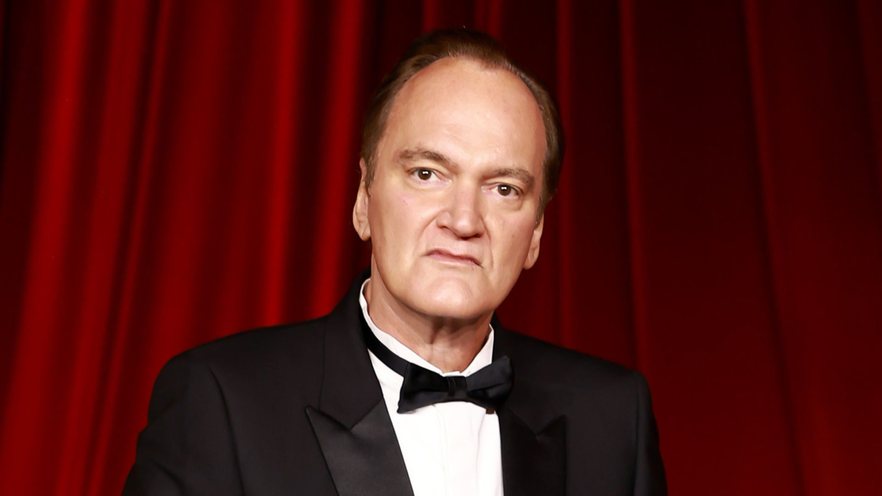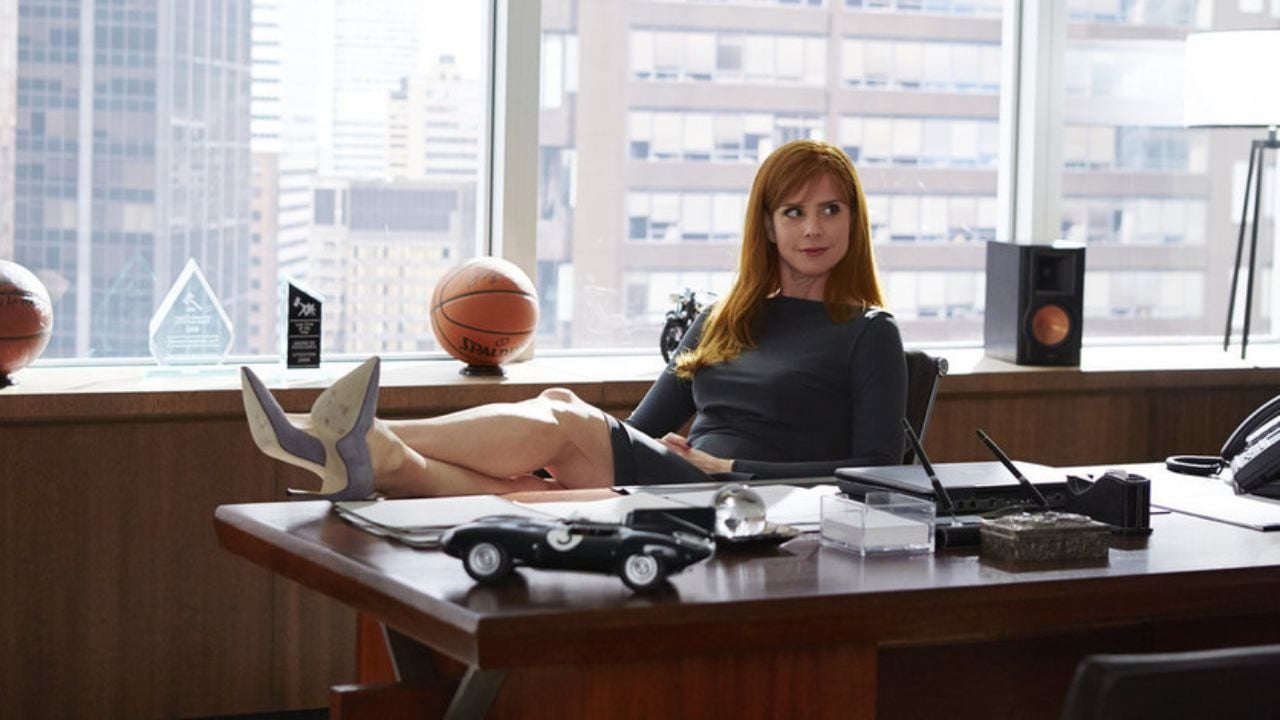Director of several films that marked eras and generations, Quentin Tarantino recognized the value of TV series, but finds cinema superior
One of the greatest directors in the history of Hollywoodknown for his unique style with striking monologues and violent scenes, Quentin Tarantino does not think that television series can have the same impact as cinema.
During participation in the Joe Rogan Experiencein which he was interviewed with Roger Avaryresponsible for producing Pulp Fiction: Time of Violence (1994) and Reservoir Dogs (1992), the filmmaker recognized the quality of television productions, but noted that they are greatly influenced by the way stories are told on the big screen.
“And what’s the difference between television and a good movie? Because a lot of TV now has the patina of a movie. They’re using cinematic language to get you involved. And obviously I’m talking about good sitcoms,” he said. “We’re talking about shows that you’re… drawn to watching.”
Then, Tarantino used the western series Yellowstone as an example. According to him, although the first season was impressive and impressive, the sequels did not have the same level or striking elements.
“And then I even watch that 1883. ‘Oh, this is a good Western series.’ I like Westerns. But after watching two or three seasons, or a season of 1883see, as I watch, I am compelled. I’m involved in this. But at the end of the day, it’s all just a soap opera,” he said. “They introduced several characters. You really know all their stories. You know everyone’s connection to everyone. And they spend some time selling it. So it’s all just the soap opera force of what’s happening with this character.”
Then, Quentin Tarantino was questioned by Joe Rogan what would be the difference between this and a feature film. “Well, I’ll tell you. Because the thing is, if you watch Edge of Night, Monday through Friday, you get caught up in family drama and everything. But you don’t remember that in five years,” he commented. “You’re involved in the minutiae of this right now. Is that okay? So the difference is, I’m going to see a good Western movie and I’m going to remember it for the rest of my life. I’m going to remember the story. I’m going to remember this scene or that scene. […] It’s not just about interpersonal relationships. The story is good in itself, but there’s a payoff to it.”
And while I’m watching [uma série]is good enough. But when it’s over, I wouldn’t know how to tell you… I remember who the villain was in the first season of Yellowstone because he was Danny Huston. I remember him. But I don’t remember any [outro] detail. And I don’t remember any of the villains from season 2 or 3.
Furthermore, Tarantino highlighted the series Homeland – National Securitywhich has one of the most moving scenes you’ve ever seen (both in film and on TV) dramatized – no spoilers here. “There was complexity. […] This is a movie!”
Finally, the director spoke about the main differences between the two types of media: “Part of what makes it different is the fact that everyone watches these ongoing stories, ongoing stories, ongoing stories. It’s a long, ongoing story that takes to the aspect of a soap opera.”
Source: Rollingstone
Rose James is a Gossipify movie and series reviewer known for her in-depth analysis and unique perspective on the latest releases. With a background in film studies, she provides engaging and informative reviews, and keeps readers up to date with industry trends and emerging talents.






